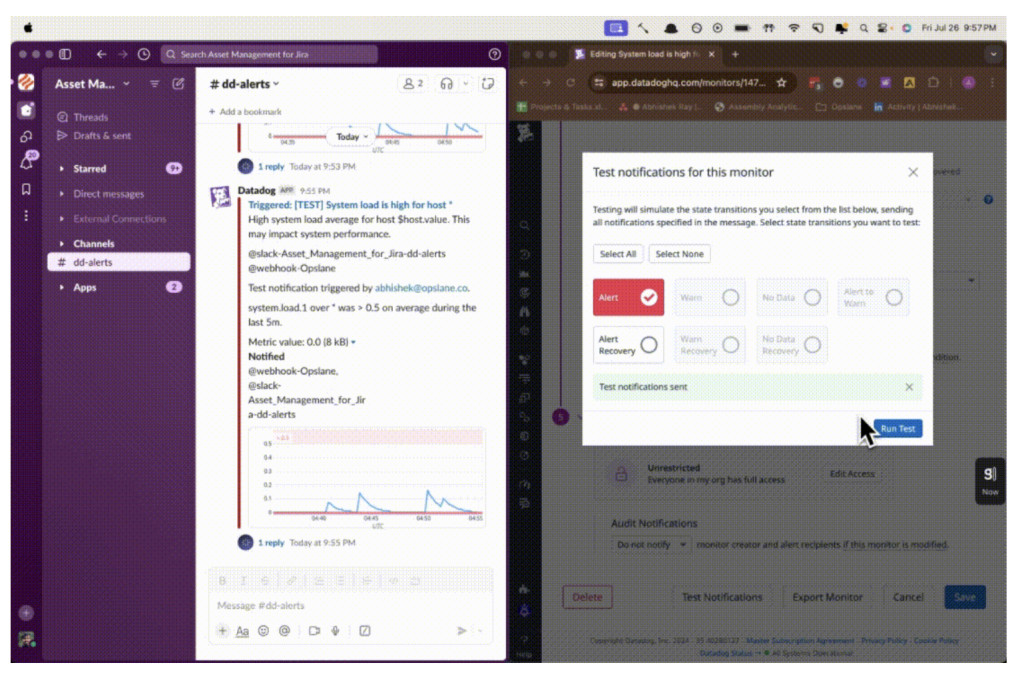The notorious middle-of-the-night unactionable alert is well known to those on-call, adding to the stress that on-call engineers endure. It is still difficult to tell when something has gone wrong, how it has affected the user, and how to correct it fast, even with contemporary technologies. Examining an alert alone makes it difficult to grasp the full scope of the consumer and company impact. When trying to debug something, you must constantly move between different, isolated tools, and alerts are annoying and useless.
Meet Opslane: an open-source tool that helps teams reduce alert fatigue, streamline incident response and boost team morale. Distinguishing between actionable and loud warnings and providing context for handling them lessens alert fatigue. Users can see their Datadog alert history by adding the bot to their Slack channel. Opslane can accommodate numerous integrations because it uses a flexible data model. At this time, Opslane supports Datadog. If you want to know how often alerts have occurred, how long it took to resolve them, how important they were, and how you handled them in the past, Opslane can help you with that. Depending on these, your alert will be categorized as either actionable or noisy.
Architecture
With its modular design, Opslane can process alerts efficiently and integrate with other products without any hitches:
Ingestion of Alerts: Datadog notifies the FastAPI server of any new alerts using webhooks.
Incoming alerts are processed by the FastAPI Server, which also interacts with Slack and manages data flow.
Integration with Slack: A graphical user interface for managing and interacting with alerts.
Database: Stores alert data and embeddings in Postgres with pgvector.
Key Features
Opslane can use LLMs to categorize alarms as either actionable or noise. It examines the alert history and related Slack chats to ascertain if an alert warrants action.
Thanks to Opslane’s integration with Slack, alerts may be sent to a team’s Slack channel. Insights and extra tools for troubleshooting actionable alarms are provided.
Analytics: Opslane compiles information on the reliability of notifications in a Slack channel and reports it weekly. Using Slack’s built-in pattern recognition lets you turn off annoying notifications.
Since it is open source, anyone in the community can contribute to Opslane.
In Conclusion
Opslane saves millions of dollars in lost productivity and downtime by reducing alert fatigue, which overwhelms on-call engineers. It enhances warnings with crucial business, customer, and revenue implications, letting teams swiftly identify and fix the most serious problems.
The post Opslane: An Open-Source Tool that Helps Teams Reduce Alert Fatigue, Streamline Incident Response, and Boost Team Morale appeared first on MarkTechPost.
Source: Read MoreÂ

